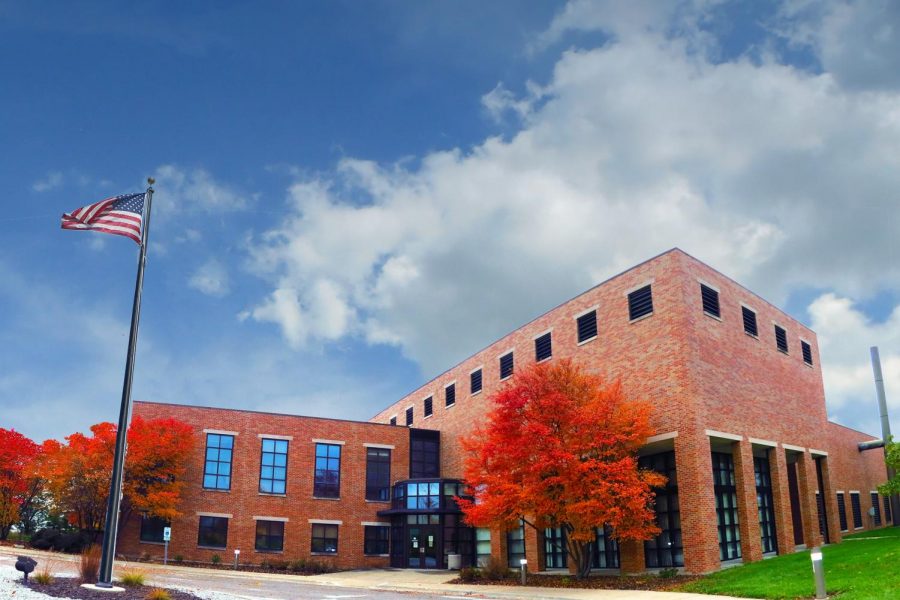UI receives grants to reduce pollution
Photo Courtesy of Jim Dexter/PRI
The Illinois Sustainability Technology Center is pictured above. The ISTC recently received two grants to combat pollution.
November 16, 2020
On the 30th anniversary of the Pollution Prevention Act, the Environmental Protection Agency announced that the University was the recipient of two Source Reduction Assistance grants, which support innovative techniques to reduce pollution and conserve energy and water.
The University of Illinois in Urbana-Champaign will receive $99,168 ,and the University of Illinois in Chicago will receive $95,000 from the individual SRA grants. The SRA grants, as opposed to the Pollution Prevention grants, are extended to a more broad group of entities and are discretionary, according to Ed Nam, director of the Land, Chemicals and Revitalization Division of the EPA.
“(The SRA grants are more) discretionary grant funds and they’re typically smaller in amount — about 125,000 a year or so,” Nam said. “The grant work focuses on innovative sources of reduction activities and businesses, and these grants have a broader eligibility. So not only can states, tribes and state-affiliated organizations apply, but also nonprofits, municipalities and other grassroots organizations can apply for these more broad grants.”
The SRA grants prioritize and seek to elevate innovative efforts that identify source reduction efforts and methods. In order to become a recipient of this type of grant, EPA has identified five source reduction areas that entities should target: food and beverage manufacturing and processing, chemical manufacturing and processing and formulation, automotive manufacturing and maintenance, aerospace products and parts manufacturing and maintenance and metal manufacturing and fabrication.
“A particular grant doesn’t have to hit all of those, of course, but it should hit at least one or more of those sectors, and the grant holders would have some companies that they would partner with in order to help to reduce or improve a particular process so that it uses less pollutants,” Nam said.
Get The Daily Illini in your inbox!
The Illinois Sustainable Technology Center will allocate this funding toward 12 Illinois food and beverage, chemical and automotive maintenance facilities and manufacturers, according to an EPA newsletter distributed on Nov. 5.
“(ISTC) will use this funding to provide on-site pollution prevention technical assistance through training, education and investigation of innovation techniques,” the newsletter stated. “The project aims to increase water conservation and reduce energy, hazardous inputs and wastes, emissions and business costs at participating facilities.”
In order to ensure that funding is allocated properly by the recipients and used according to the goals established, the EPA implements various meetings throughout the process and mandates a drafted grant report at the final stages.
“We have meetings with the grant owners at the beginning and throughout the process to have progress reports, and then at the end, there is a grant report that is drafted,” Nam said. “So we will oversee the process throughout.”
The newsletter additionally states that the innovative practices will be publicly identified so that other entities are able to study and recreate the efforts.
“The grantees will document and share source reduction best practices that are identified and developed through these grants so that others can replicate these practices and outcomes,” the newsletter stated.
The University has been a recipient of the SRA grant in previous years.
“The University of Illinois has done this kind of grant before and they have been successful,” Nam said. “So we look forward to seeing what they come up with.”







